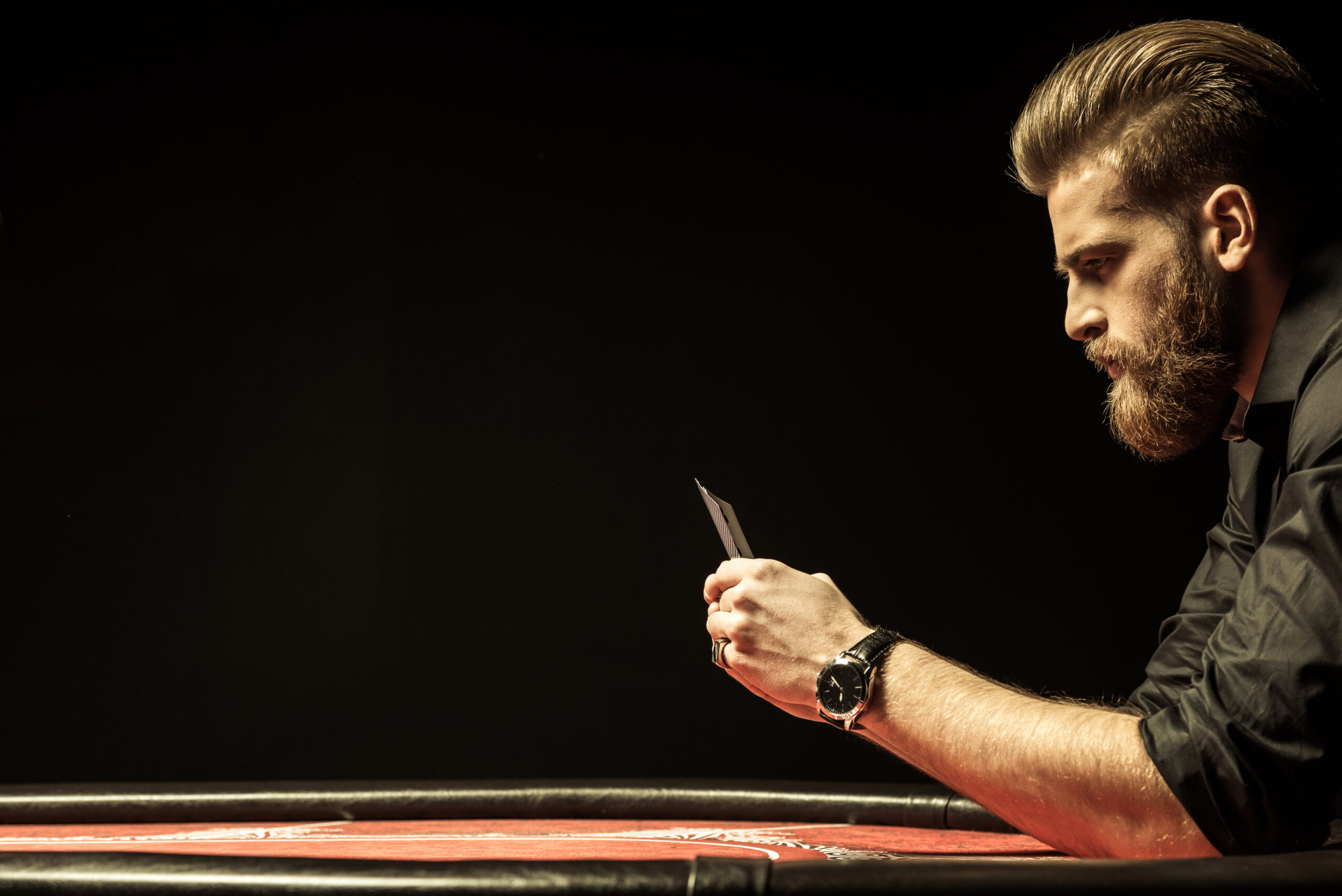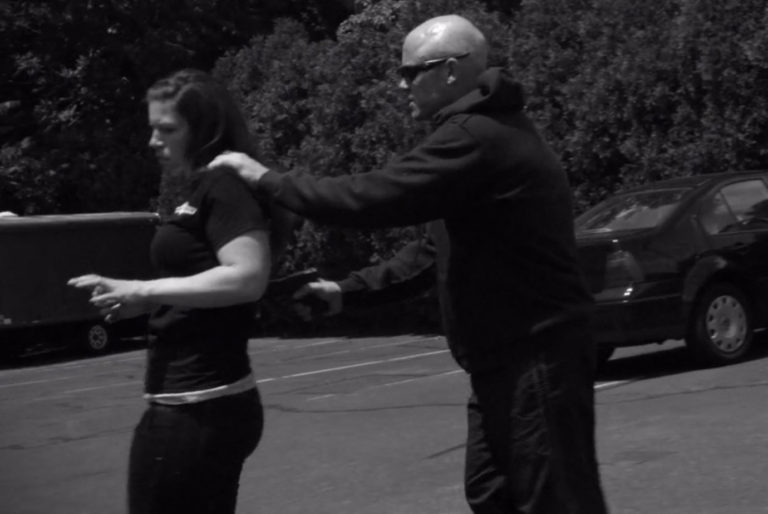How to make fewer mistakes.
When was the last time you trusted your gut?
When was the last time your gut was wrong?
On one hand, your intuition and gut instincts are helpful heuristics to make quick decisions in the heat of the moment. Other times, they lead you astray.
This is because your gut instinct has a natural failure rate.
There’s a percentage of time when you make the wrong decision.
For some, this percentage is high, and their choices often have more severe consequences.
For others, their instincts are trained to be correct more often.
And before you call BS—yes, this is something that can be trained, just like any other skill.
Today, I’ll teach you how to train your instincts to make fewer mistakes.
Finding Your Natural Error Rate
First off, let me say this: your natural error rate isn’t something that can be calculated.
We make hundreds of decisions every day, both consciously and subconsciously. We also can’t quantify most of our mistakes. Usually, we don’t even know if a decision is a mistake without implementing second-order thinking (more on this later…)
Figuring out your exact error percentage would be a mathematically impossible calculation. Even assuming every decision is either right or wrong with a 50/50 chance (which they usually aren’t), the error rate would be a number of immense magnitude—something to the 100th power.
So, even though your error rate can’t be calculated, you can still make calculated decisions.
Take poker, for example.
A game of strategy. A game of luck. But most importantly, a game of probability.
Sometimes you call. Sometimes you bluff. Sometimes you’re right. And sometimes you’re wrong. Nothing is 100% guaranteed because it’s a game of imperfect information.
And when you’re playing a game with unknown variables, probability and logic should guide your actions.
If you have a gut feeling to call someone’s bet, what are the chances you’ll win the hand? Without understanding the underlying math, you’re stuck relying on your naive instincts.
But what if you knew you had a 75% chance of winning the hand? Or if you knew there were only 3 other cards left in the deck that could help you win?
The math should help influence your decisions when you’re left with an imperfect choice.
Playing The Game
Here’s an exercise for you:
You know Hikaru Nakamura, the chess grandmaster famous for calculating opponents’ moves in advance? His well-known pre-moves are a perfect example of second-order thinking.
Next time you’re tasked with a decision (whether it’s a chess move, a poker decision, or a life-changing career switch), try practicing second-order thinking.
Second-order thinking is a cognitive process that goes beyond just initial reaction. It involves analyzing the outcomes of decisions and predicting potential consequences.
Let’s use the poker example again.
Say you’re faced with a bet. Do you call? Do you raise? Or do you fold and try again next hand?
Your thought process should be to review each decision and mentally list out possible outcomes.
Then, you should consider the effects of these outcomes.
What are the possible outcomes after you decide to raise your opponent? They can either call, re-raise, or fold.
Now, if theyraise again, what will you do?
You can see how this process can go on infinitely.
Obviously, it’s much easier to iterate through this decision tree on paper than in the heat of the moment, but the more you practice second-order thinking, the more natural it becomes.
This is one of the benefits of being a developer. Logic and conditionals are part of every coder’s repertoire—they’re needed in just about every program.
It comes easy to me because I’ve been doing it for years.
So, if you have trouble analyzing your options and making calculated decisions, don’t worry. It takes practice.
The more you try to think ahead, the easier it gets the next time.
Your natural failure rate is something you train over time. It’s okay to be wrong, but it’s important to think ahead—most mistakes can be avoided entirely with a little planning ahead.
So remember: trust your gut, but don’t ignore the logic.
Quote of the week
“A good chess player thinks five moves ahead. Great chess players only think one move ahead, but it’s always the right move.”
– Lie To Me, S2 E11
Thanks for reading!




